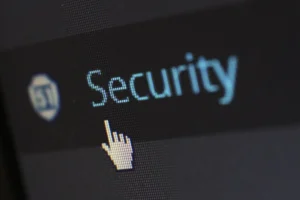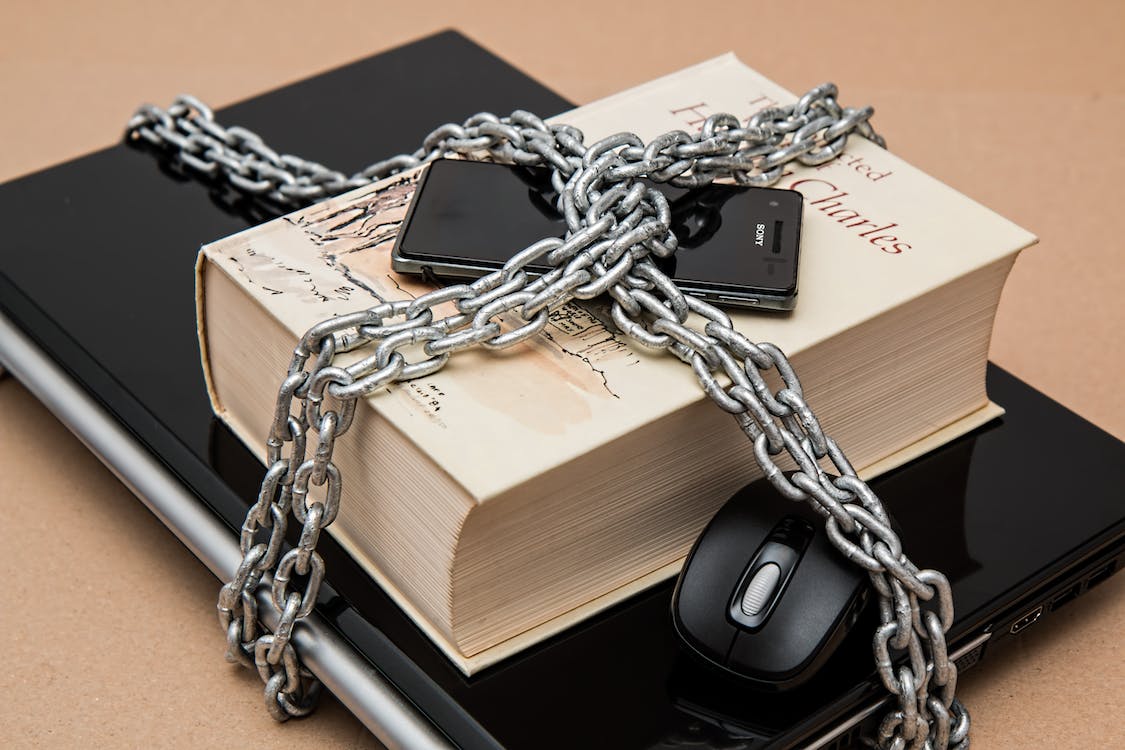Introduction
Small businesses are the country’s future as every entrepreneur tries to create a spot in the market! However, it is easy to believe that because your firm is small, fraudsters will not target it. Internet Live Stats estimates that more than 145TB of internet traffic is generated per second. Because of this, the internet has developed into a virtual gateway that makes practically every aspect of modern life possible. Small business owners frequently have the attitude that there is not much to steal regarding cyber security. It is false and goes against existing industry standards.
Today’s business owners risk coming under attack from cyber criminals looking to steal from and damage their operations. Even though you cannot predict when an attack will happen, taking the right safeguards can significantly slow down or stop a hacker’s effort to access your network. In such situations, it is crucial to acquire awareness about cyber security and buy SSL or take equivalent measures to prevent loss.
So how do you keep protected? Learn about the best cyber security measures that small businesses should implement to safeguard themselves against threats of the virtual variety.
Know The Importance Of Security Requirements For The Small Business
Most cyberattacks aim to collect personal information for use in identity or credit card theft. Small firms have less secure networks, which makes it simpler to hack the network even if larger enterprises often have more data to steal. To secure SMBs, there is proper security requirement for the small businesses. However, there are so many choices to be made when opening small business cybersecurity precautions are frequently neglected.
Data breaches frequently result in the release of various information that a cybercriminal may find beneficial, including financial and credit card information, documents, and intellectual property.
Cyber attackers may occasionally get information about you, your team, and your clients. Your firm may incur direct, indirect, and opportunity costs due to a sizable data breach or cyber assault.
Significant Measures You Need To Take For Your Small Business
-
Use A Firewall

Firewalls guarantee a secure connection to the internet. Cyberattacks can be expensive and potentially put your entire company at risk. Firewalls can prevent malicious websites from accessing the network and lower the risk of ransomware and malware attacks. Additionally, it is critical that remote workers set up a firewall on their network. To ensure compliance, consider offering firewall software and support for home networks.
-
Utilize A VPN

A VPN is useful for every company with an internet connection. VPNs operate as a secure conduit for your data and IP address between your home internet connection and the website or online service you need to access. When using any public internet connection, it is extremely helpful. These connections are notoriously unsafe, making it extremely simple for hackers to steal the personal information of anyone who logs on. Your new, secure connection created by a VPN provides a barrier between the thief and the information they are attempting to steal.
-
Install An SSL Certificate On Your Website Security

An SSL certificate is a digital certificate that permits an encrypted connection and verifies the legitimacy of a website. SSL certificate is one of the basic and low-cost cyber security solution. A website holder should buy SSL as it allows a web browser to establish an encrypted connection with your secure website. It is the industry-standard method for maintaining an internet connection’s security and protecting any sensitive data communicated between the server and the browser. It does this by prohibiting thieves from accessing and changing any sent information, including potentially personal information.
-
Use Complex Passwords

The ability to access and take control of a digital system is made possible by simple and widely used passwords. On the other hand, a password that is challenging to guess makes it prohibitively tough for regular hackers to break into a machine and force them to search for another target. Always use letters, numbers, and special characters to make secure passwords. Avoid using passwords that are based on easily accessible or guessed personal information. Your computer will be more protected from hackers and bad malware if your password is strong.
-
Install An Anti-malware Software

It is simple to assume that your staff is aware of the dangers of opening phishing emails. Anti-malware can prevent malware attacks by analysing all incoming data to stop malware from being installed and infecting a computer. Since phishing, attacks result in malware on the employee’s computer when the link is clicked, anti-malware software should be installed on each device and network. Antimalware software can also identify sophisticated malware and provide a defence against ransomware assaults.
-
Increased Awareness And Education

Employee education and testing for user security awareness are two steps in securing your firm from cybercrimes like phishing and other social engineering assaults. Cybersecurity awareness is educating staff members about cybersecurity best practices as they do their daily work. Employees must know the most common cyber threats. How they might affect a company, and how to spot and proactively stop them. Better education eliminates false assumptions, thereby leading to a technically intelligent workforce.
-
Pay Attention To Data Backup

Data backup is copying data from a main to a secondary place to secure it in case of a catastrophe, an accident, or malicious activity. Modern enterprises rely heavily on data; losing such data can seriously harm and interfere with daily operations. Make sure to back up all cloud-stored data as well. Check your backup regularly to ensure it is operating properly and have the most recent copy if you ever need it.
-
Use An Antivirus Software

Antivirus software stops malware from harming your device by identifying, containing, or destroying dangerous code. Once the virus has been identified or found, it starts eradicating it from the computer system. Antivirus software functions as a prophylactic. It does not only get you rid of a virus but also guards against any future virus infections on your machine. Hence, use Antivirus Software to prevent major thefts leading to huge losses.
-
Install An Encryption Software

Data encryption software is used to prevent unauthorized access to digital data. The software makes data flow across systems easier, protects the information in your files, and eliminates the necessity for other risky techniques. The sending of data is encrypted using sophisticated algorithms. The sender here supplies a key to decrypt the content once the sender receives it. Interestingly, even if data is taken, the hacker cannot utilize it since hackers would then lack the keys to unlock the encryption and decipher the information.
-
Be Alert With Network Security

Network security is essential because it defends private information from online dangers and ensures that the network is dependable and functional. Many hardware and software security technologies may be used in network security administration. Follow industry best practices and design principles when configuring your perimeter and internal network. Ensure every network device is set up with a secure baseline build. Network security keeps dangerous spyware off your workstations. Furthermore, it ensures the safety of shared data.
Finally, as small business owners’ step towards becoming a market leader one day, ensure that your business vision is well supported by internet security. It is crucial to be creative; however, securing your business on the technical front is equally important. Buy SSL, install worthy software, and constantly engage with the current happenings in the cyber security domain to stay on top of your game!



























